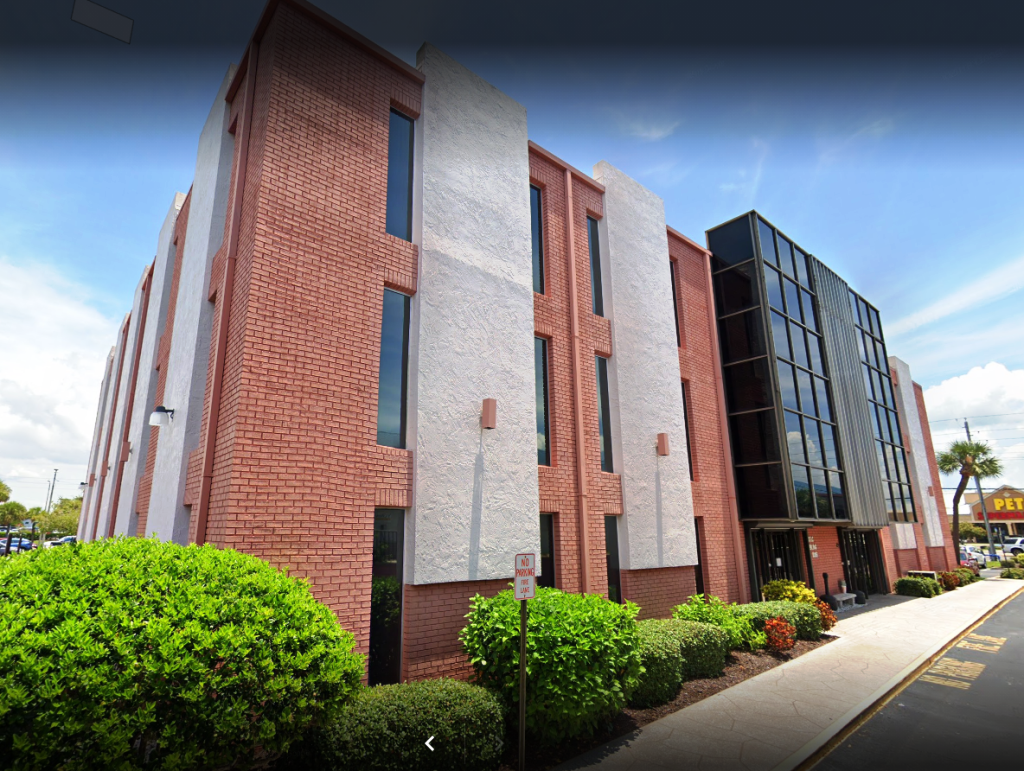Interim Capital Mortgage, LLC. is a Florida licensed Mortgage Broker Business specializing in residential loans.
We have the knowledge and experience to be trusted with the financing for the most important asset you will ever own, your home.
Our company has superior relationships with the top Wholesale lenders in the country, which gives us the competitive edge to offer the best products and rates available.
Frequently Asked Questions
1.
Why choose a Wholesale Mortgage Broker instead of a Retail Loan Officer or Banker?
As a Wholesale Mortgage Broker, we shop your loan with many different lenders to find the most competitive rates available for your scenario, contrary to Loan Officers and Bankers that only offer products from one institution. When working with us, you will find that generally the fees go down as you go through the loan process; therefore you bring less money to the closing table than anticipated. Most importantly, the quality of service we offer our clients compared to Loan Officers and Bankers is unparalleled. We have the personal touch that keeps our clients coming back, along with providing convenience such as house calls and making ourselves available on evenings and weekends.
2.
Why get pre-qualified by your Mortgage Broker before going to look for homes with your realtor?
It is very important to get pre-qualified for a mortgage before shopping for homes so that you can know exactly how much home you can afford according to current underwriting guidelines. This will prevent you from wasting your time, and also your realtors time by looking at homes that are out of your qualification range. In addition, many sellers in today’s market, especially on bank owned properties and short sales require that your offer be submitted with a pre-qualification letter in order to even be considered.
3.
What is a debt/income ratio?
One of the major deciding factors in the pre-qualification process is finding your maximum purchase price according to your debt/ income ratio. Your debt/ income ratio is determined by taking all of your monthly liability payments showing on your credit report plus your proposed monthly PITI (Principal+Interest+Taxes+Insurance) on your new purchase, and dividing that number by your gross monthly income. Generally, mortgage lenders want to see the number from that ratio below 45%.
4.
Can I fix my credit to help my situation and qualify for a better loan or interest rate?
Yes. That is one of the main reasons to start the loan and pre-qualification process long before you are ready to shop for a home. That way, we can assess your credit situation, and guide you in the right direction to improve your scores if necessary. We also have a vast knowledge of the Fair Credit Reporting Act and can help you dispute negative information on your credit report that may be reporting in error. Achieving a higher credit score can increase your borrowing power and save you a considerable amount of money in the long run.
5.
Can I get a mortgage if I have had a Bankruptcy or Foreclosure?
Yes. These items do report negatively on your credit for at least 7 years. However you can still get a mortgage after 3 to 4 years has passed, depending on the lender. You must show the ability to re-establish good credit, and have no other credit delinquencies or late payments after the Bankruptcy or Foreclosure. Also, the worst thing to do after one of these bad instances is to stop using credit! You must create new positive accounts to outweigh the old negative accounts shown on your credit report. Your credit score is a reflection of the most recent activity on your reports.
6.
When should I refinance?
Lowering your interest rate is good, although it isn’t the only thing to consider when deciding whether or not the time is right to refinance your mortgage. We do a cost/ benefit analysis for every prospective refinance client which includes: figuring how much the monthly payment is going to decrease, taking into consideration the total cost of the refinance, and thinking of how long you plan on staying in the home. Also, something to consider when refinancing your mortgage is paying off other debt and lowering your total monthly liability expenditure. This can be beneficial, as long as you have plenty of equity in your home.
Interim Capital Mortgage LLC.
Ryan Ford, President
St. Petersburg, FL 33707
Monday thru Friday

